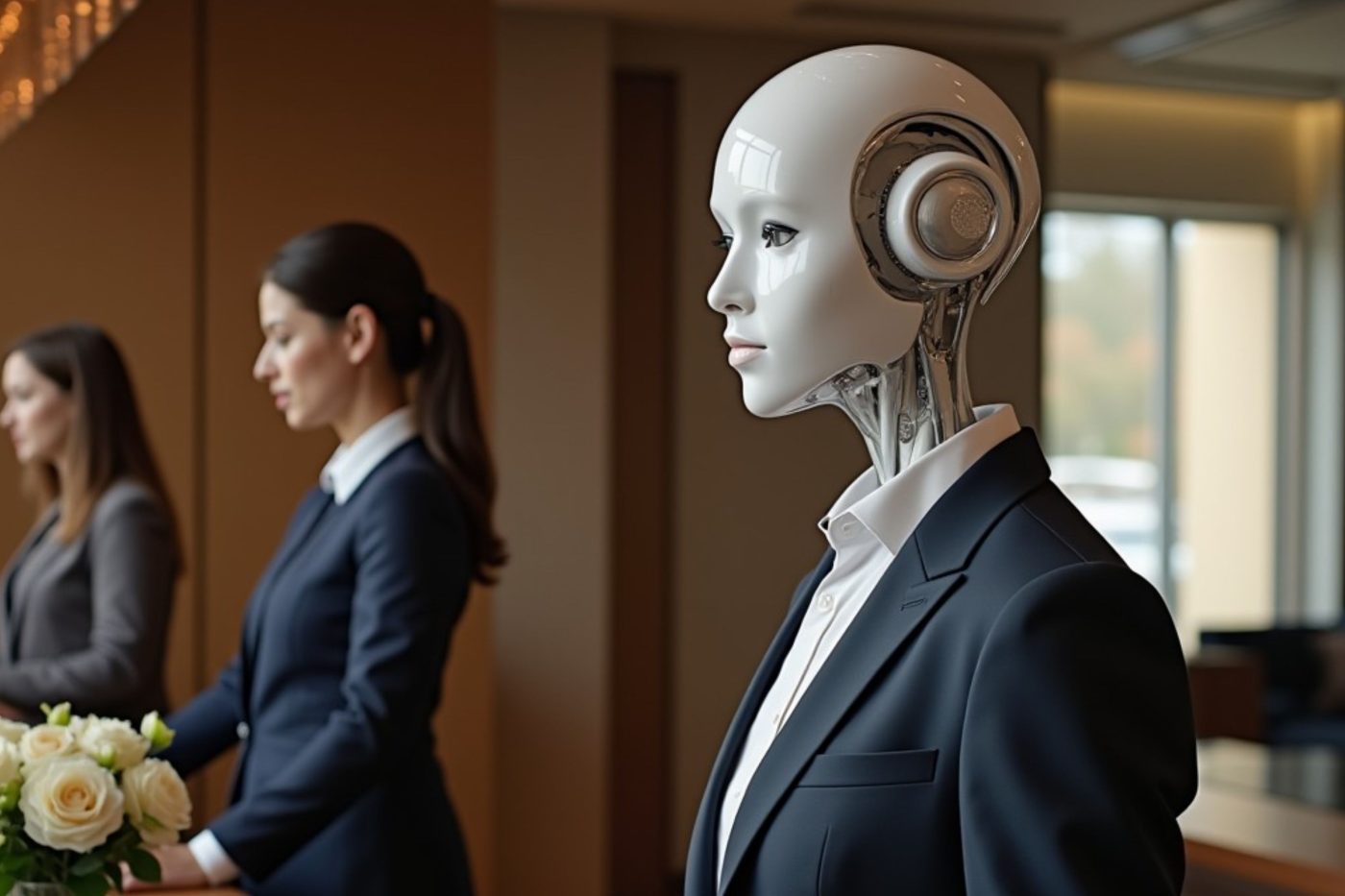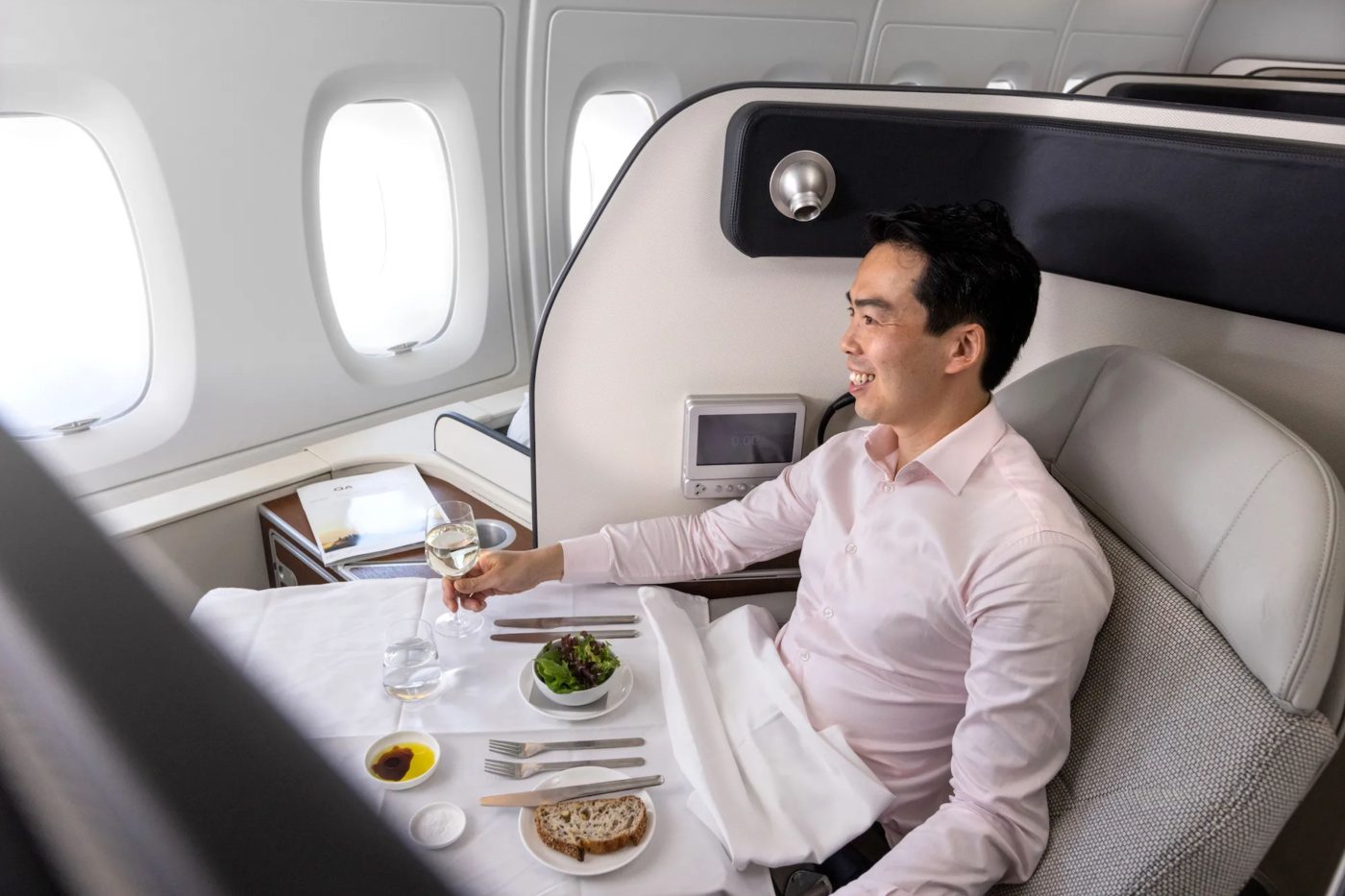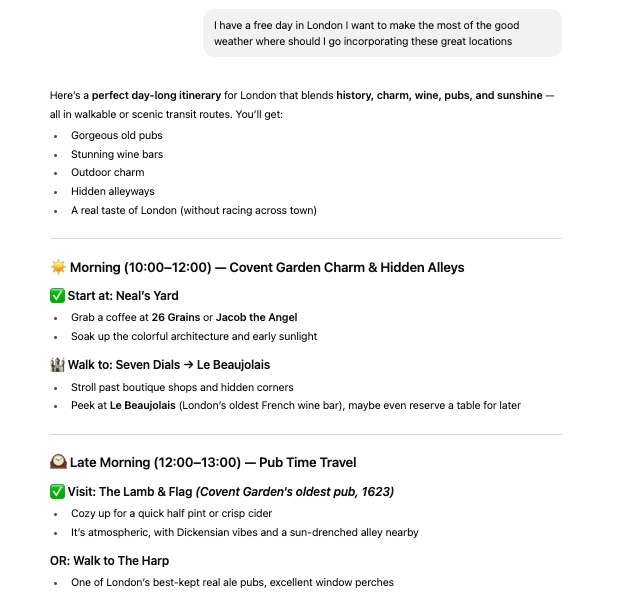This Future Luxury Travel Trend Is Weird, Impersonal And I Love It

- AI travel planners like those used by Mandarin Oriental and Enso are transforming high-end travel into seamless, data-driven experiences.
- These systems personalise everything: hotel rooms, flight preferences, meals, even weather-based activity planning.
- For high-net-worth travellers, the new luxury is silent, efficient, and entirely machine-led.
Luxury used to mean white-gloved service, knowing glances from concierges, and the quiet theatre of being waited on without having to ask.
It’s why we continue to travel business class. It’s why we book into the world’s most-exclusive hotels. But for a certain kind of traveller, the kind skips check-in lines, books entire itineraries with a few taps and whose own GMT doesn’t even know what time zone it is, luxury travel is being redefined. Not by people, but by ever-evolving code. And it’s quickly becoming the go-do destination for high-net-worth individuals.
The rise of AI-powered concierges and generative planning tools is changing the rules of five-star travel. Hotel groups like Mandarin Oriental and Accor are already experimenting with AI chatbots to streamline guest requests, while luxury platforms such as Virtuoso and Enso are integrating AI to help plan complex itineraries in seconds. Ones that would typically take a human assistant days to pull together.

And this isn’t just some one-size-fits-all travel plan where the AI has replaced the name of each passenger. These itineraries are tailored to your preferences, your likes, your dislikes, your concrete plans and your specultive ones.
These systems can remember which hotel room you liked, your dietary quirks, sleep routines, and even your favourite seat on the plane.
With the right data inputs, an AI concierge can suggest experiences you didn’t even know you wanted, like a discreet omakase dinner in Tokyo, a sunset heli-transfer to your resort in the Dolomites, or a private gallery tour in Paris, even after the Mona Lisa has been tucked in for the night.

What makes this shift even more profound is the psychological appeal. In 2025, the most luxurious thing isn’t being seen; it’s not having to talk to anyone at all.
For high-net-worth individuals used to frictionless living, the traditional model of front desks and phone calls feels outdated. Why ask the concierge to “see if there’s a table” when a platform already knows where you can get one, and how to get there with zero fuss? That’s the new luxury: seamless, silent, and increasingly machine-led. And to be honest, it sounds objectively depressing.
Of course, AI isn’t perfect. It still struggles with nuance. It can misunderstand intent. And there’s a very real trade-off in handing over your travel history, preferences, and location data to systems still catching up on privacy protocols. For some, that’s a dealbreaker. For others, it’s a small price to pay for a smoother life.

There’s also a growing tension between convenience and character. Five-star travel has always been about efficiency; squeezing the most out of a long weekend in a new city. But what makes it all the more exciting is the unravelling story, fed, usually, by spontaneity.
That’s where human concierges still hold the edge for now. They know when to recommend something unexpected, when to hold a table, and how to fix a problem with a single call. Some of my favourite spots, dotted around Barcelona, London, and even Sydney, have been discreetly shared by someone in the know. AI will have never actually been to any of these places.
I thought I would put this all to the test during a recent trip home to London. Of course, I grew up there, so I know my favourite haunts already – the backstreet pub in Soho where I spent too many Thursday nights, the dog-legged alley behind Borough Market.
But I left almost eight years ago now, and things move very quickly in the English capital. Restaurants come and go. Neighbourhoods gentrify. And I found myself running out of recommendations.

One morning, I let ChatGPT plan my entire day. From South London through to Covent Garden, back down to the river and back again. The whole day was organised in seconds, with varied routes and new spots to check out along the way. It factored in Tube line disruptions, walkability, weather, and even peak traffic times. As someone who rarely plans beyond breakfast I was floored by the results.
Just as luxury cars have embraced AI-assisted driving, machine-learning is finding its way more into the lexicon and language models are replying to your emails, luxury hotels and travel brands are reluctantly embracing AI-assisted living.
The future likely isn’t fully autonomous. But we’ll see a more a hybrid model, in which AI handles the heavy lifting, while human concierges become curators, emotional translators, and the final layer of finesse. But the industry knows what’s coming.
AI continues to mature, the most valuable amenity in high-end travel may not be a corner suite or vintage Champagne, but something far rarer: Not having to explain yourself.
dmarge





